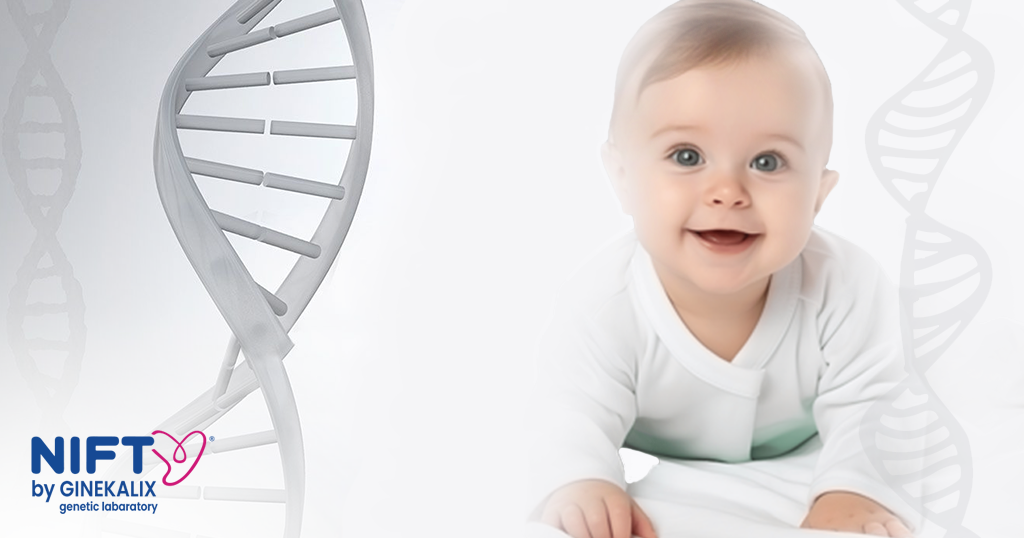The Role of Genetic Testing in Diagnosing DiGeorge Syndrome

DiGeorge syndrome, also called 22q11.2 deletion syndrome, is a rare genetic disorder that occurs when a small part of chromosome 22 is missing. This deletion affects various systems in the body, causing a wide range of health problems that can differ greatly in severity from person to person. In this blog post, we'll explore what DiGeorge syndrome is, its symptoms, causes, and how it is managed.
What is DiGeorge Syndrome? DiGeorge syndrome affects 1 in 4,000 people and is caused by a deletion of a small piece of chromosome 22, specifically in the region 22q11.2. This deletion leads to the underdevelopment of various body systems, particularly the heart, immune system, and endocrine glands.
Common Symptoms and Signs The signs and symptoms of DiGeorge syndrome vary widely, but common issues include:
- Heart Defects: Some children are born with congenital heart defects, which may require surgery.
- Cleft Palate: A split or opening in the roof of the mouth can cause speech and feeding difficulties.
- Immune System Problems: The underdevelopment of the thymus gland affects the immune system, making the person more vulnerable to infections.
- Developmental Delays: Some individuals may experience delays in speech and motor skills.
- Behavioral and Mental Health Issues: Anxiety, ADHD, autism spectrum disorders, and other mental health conditions are more common.
Causes and Diagnosis DiGeorge syndrome occurs because of a deletion in chromosome 22, usually not inherited but occurring as a random event during conception. However, it can be passed down in families in an autosomal dominant pattern.
The diagnosis is typically confirmed through genetic testing, which looks for the deletion in chromosome 22. Prenatal testing can also detect the syndrome in some cases.
Treatment and Management There is no cure for DiGeorge syndrome, but treatments focus on managing symptoms. This may involve:
- Surgery for heart defects or cleft palate.
- Therapy for developmental delays: Speech, occupational, and physical therapies can help.
- Regular monitoring for immune and endocrine issues: Some children may require calcium or hormone supplements.
Living with DiGeorge Syndrome With early interventions and ongoing medical care, many people with DiGeorge syndrome live full and productive lives. The outlook largely depends on the severity of symptoms, particularly heart defects and immune system issues.
